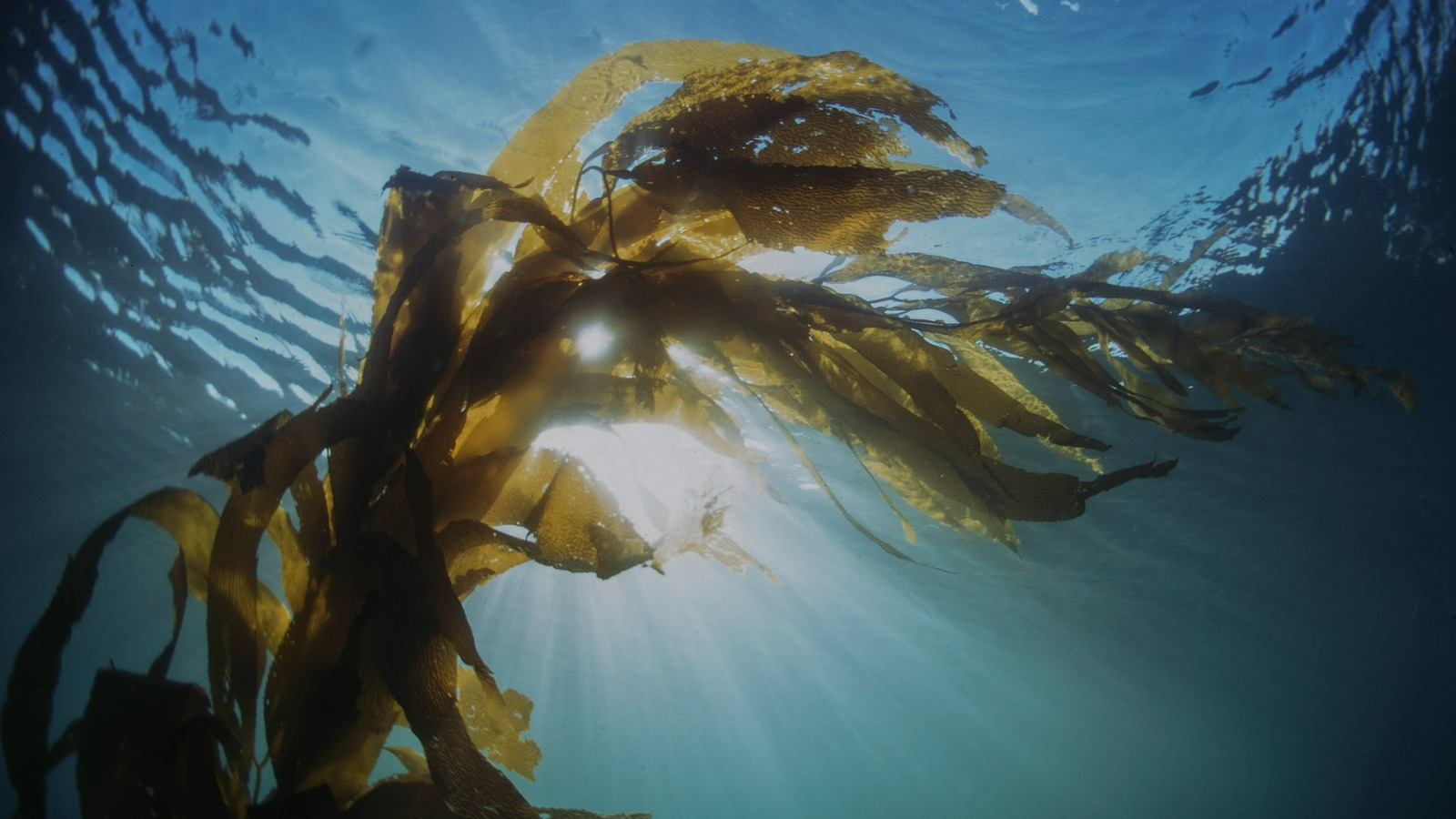
Tell your state legislators: Preserve Oregon’s coastal ecosystems
Cascade Head's coastline is a paradise for biodiversity and wildlife, and it could benefit from a bill in the state legislature.
Send a message
Former Protect Our Oceans Campaign, Advocate, Environment America
The area around Cascade Head has it all. Think pine trees, steep rocky cliffs, stunning ocean views and the sandy-brackish waters of the Salmon River estuary all found in one unique place.
On land, it is home to the UNESCO Cascade Head Biosphere Region which encompasses over 100,000 acres of nearby forest, mountains, rivers, and part of the ocean. It’s common to find black bears, cougars, owls, salmon and a plethora of rare butterflies enjoying the sanctuary that this biosphere provides.
In the sea is Cascade Head Marine Reserve – one of the five in Oregon’s Marine Reserves Program – and was established to conserve marine habitats, promote biodiversity, and educate and engage Oregonians about the wonders beneath the waves.
Cascade Head contains the reserve, where any consumptive activity is prohibited, and three Marine Protected Areas (MPA’s) that in total cover about 30 square miles of incredible ocean ecosystems. These areas boast rocky intertidal habitats and the northern portion of Siletz Reef which conceal a variety of rockfish, anemones, sea stars and mussels.
The Salmon River’s waters, and consequently Coho salmon, flow into the Pacific at the northern part of the reserve and this mixing of salt and freshwater creates a unique upwelling of nutrients. In other areas of the reserve, visitors can often be treated to gray and humpback whale sightings as a variety of predatory coastal birds like falcons, osprey, and bald eagles.
It’s clear Cascade Head is an amazing place, and should be better monitored to understand how ever-changing ocean conditions impact it. A proposed bill in Oregon’s state legislature, House Bill 4132, could be a huge step towards this.
By passing this bill, Oregon legislators would help see that the Marine Reserves Program gets additional funding – over $1,000,000 every two years. With it, scientists would be better suited to monitor ever-changing ocean conditions as well as engage and educate the general public and local communities of Oregon about the amazing biodiversity that Oregon’s oceans and coastal ecosystems, like Cascade Head, contain.
Join us in calling on our legislators invest in Oregon’s coastal treasures.
Oregon's ocean is incredible and House Bill 4132 can better protect it.
Send a message
Former Protect Our Oceans Campaign, Advocate, Environment America
I
